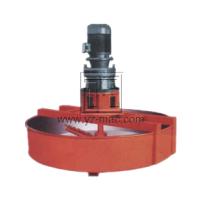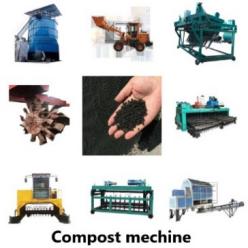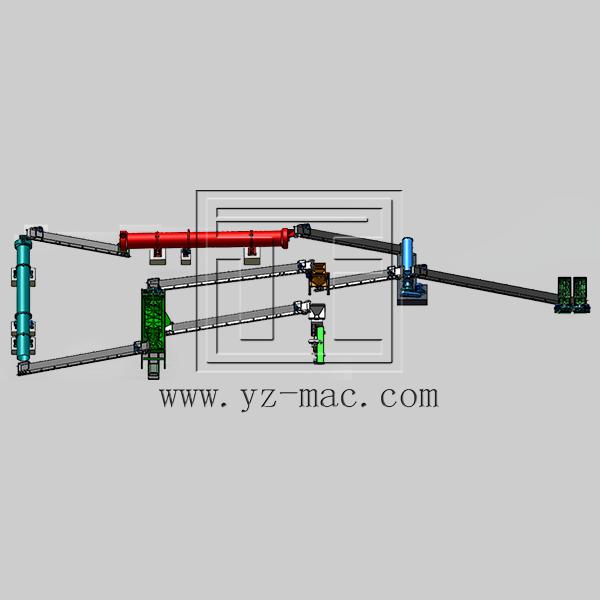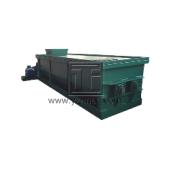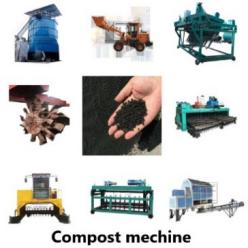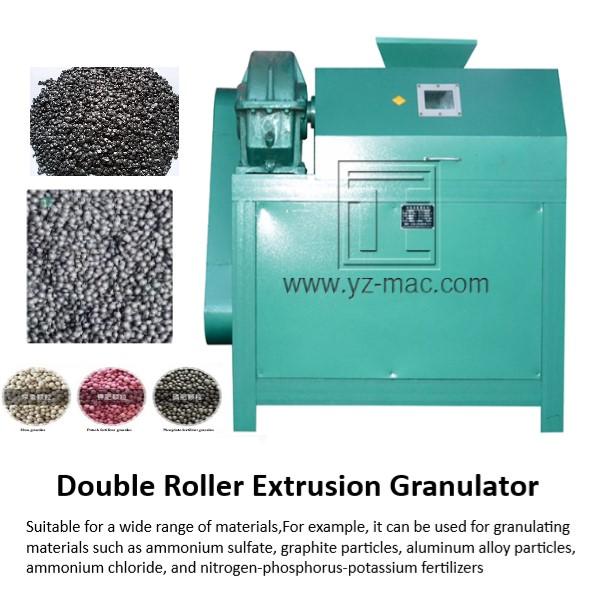Composting machines
Composting machines are innovative devices designed to accelerate the composting process and efficiently convert organic waste into nutrient-rich compost. These machines come in various types and offer versatile applications in different settings.
In-vessel Composting Machines:
In-vessel composting machines are enclosed systems that provide controlled conditions for composting. They can be large-scale systems used in municipal composting facilities or smaller-scale units for commercial and industrial applications. In-vessel composting machines offer advantages such as odor control, efficient heat retention, and faster composting cycles. They are ideal for processing a wide range of organic waste, including food scraps, yard waste, and agricultural residues.
Applications:
Municipal waste management: In-vessel composting machines are commonly used in municipal composting facilities to process organic waste collected from households and commercial establishments.
Windrow Composting Machines:
Windrow composting machines are designed to create and manage composting windrows, which are long piles of organic waste. These machines are typically tractor-mounted or self-propelled, making it easier to turn and mix the composting materials. Windrow composting machines help maintain optimal aeration, moisture levels, and temperature throughout the composting process, resulting in efficient decomposition.
Applications:
Agriculture and farming: Windrow composting machines are used on farms to process crop residues, manure, and other agricultural waste, converting them into nutrient-rich compost for soil enrichment.
Landscaping and gardening: These machines are employed in landscaping projects to compost grass clippings, leaves, and other green waste materials, producing compost that can be used to enhance soil quality and promote plant growth.
Rotary Drum Composting Machines:
Rotary drum composting machines consist of a rotating drum that tumbles the composting materials, facilitating mixing, aeration, and decomposition. These machines are suitable for both small-scale and large-scale composting operations. They offer efficient composting by ensuring proper moisture distribution, heat generation, and microbial activity within the drum.
Applications:
Small-scale composting: Rotary drum composting machines are suitable for homeowners, community gardens, and small-scale composting projects, processing kitchen scraps, garden waste, and other organic materials.
Agricultural and horticultural operations: These machines can be used on farms and nurseries to compost plant residues, crop by-products, and other organic waste, providing a valuable source of nutrients for agricultural or horticultural purposes.
Vermicomposting Machines:
Vermicomposting machines utilize earthworms to break down organic waste materials. These machines create an ideal environment for vermicomposting, ensuring proper moisture, temperature, and aeration. Vermicomposting machines are compact and can be used indoors or in small spaces, making them suitable for residential, educational, and commercial settings.
Conclusion:
Composting machines provide efficient solutions for converting organic waste into nutrient-rich compost. In-vessel composting machines, windrow composting machines, rotary drum composting machines, and vermicomposting machines each offer unique advantages and are suitable for various applications. Whether for municipal waste management, agricultural operations, landscaping projects, or educational settings, composting machines play a crucial role in promoting sustainable organic waste management practices and producing high-quality compost for soil enrichment and plant growth.



